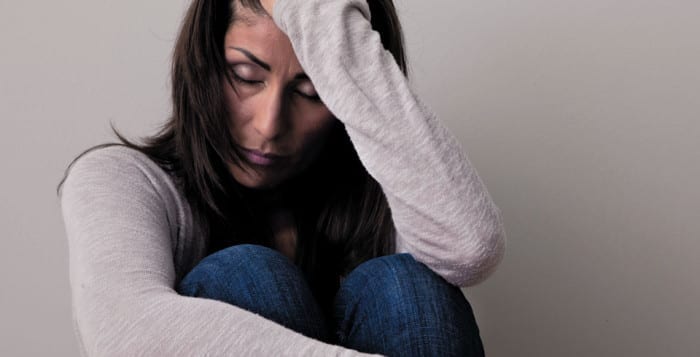Beating the winter blues
Medical experts offer ways to stay on top of mental health
By Lisa Steuer
While the holidays are typically viewed as a happy time, the season can also bring many challenges and stresses that aren’t as common during the rest of the year.
When it comes to the holidays, the combined influence of lack of sunlight as well as the stresses of the holiday season can result in poor mental and emotional health, said Dr. Laura Kunkel, clinical assistant professor of psychiatry at Stony Brook University School of Medicine.
“The media makes it seem like a very happy time … and then people wind up feeling guilty if they’re not happy,” said Kunkel.
One stress that people face during the holidays is getting together with family members with whom they may be estranged from or not get along.
“It’s important for people to be mindful of when they’re going overboard to please others, and the holidays particularly puts people at risk for this if they have a pattern of wanting to please others,” said Kunkel. “People should kind of step back and be mindful to their own physical needs and take care of their health during this time and recognize when they might be giving too much.”
A particular challenge that some people may face during the holidays is how to deal with family members with addiction. “Sometimes I recommend that people go to a public place to have a holiday dinner, rather than in someone’s home, and obviously make sure that the person with addiction has transportation.”
When it comes to the holidays, the combined influence of lack of sunlight as well as the stresses of the holiday season can result in poor mental and emotional health. — Dr. Laura Kunkel, clinical assistant professor of psychiatry at Stony Brook University School of Medicine
People who have lost a relative or someone close to them can find the holidays particularly painful.
“One way to kind of let the grieving process go quickly is to talk about the person and to talk about the memories, and even though it may bring up tears, it’s part of the healing process,” said Kunkel.
For someone who has lost a child, however, it can be quite different. “Old customs may be too painful, and there might need to be some changes,” said Kunkel, adding that some people suffering such a loss choose to travel during the holidays, for instance.
And in the age of social media, try to focus on the moment at hand instead of constantly checking your phone and looking at what everyone else is doing. “Put the media down and enjoy with the people who are there,” said Kunkel.
In addition, after the hubbub of the holidays, people tend to feel empty and bored in January, Kunkel added. “January is a good time to make sure your social calendar has things set up.”
Seasonal Affective Disorder
It is estimated that 10 million Americans are affected with seasonal affective disorder (SAD) and that another 10 to 20 percent may have a mild case of SAD, which is a type of depression that is related to the change in seasons and lack of light. Anyone can be affected — those with a history of depression and even those without. Here are five tips from Ramin Parsey M.D., Ph.D., chair, Department of Psychiatry at Stony Brook University School of Medicine.
- Get plenty of exercise. Exercise and other types of physical activity help relieve stress and anxiety, both of which can increase SAD symptoms. Being more fit can make you feel better about yourself, too, which can lift your mood.
- Keep up with social activities. When you’re feeling down, it can be hard to be social, but making an effort to connect with people that you enjoy being around can give you a boost. Staying connected to friends and loved ones can offer support and give you something else to think about other than the weather.
- Keep on the bright lights. Light therapy is often used to treat SAD, and those lights mimic the natural outdoor light, which appears to cause a change in brain chemicals linked to mood. Also think about opening the blinds or sitting closer to bright windows while at home or in the office.
- Try to keep a regular sleep schedule. Melatonin, a hormone that controls the natural cycle of sleeping and waking hours, could fluctuate during the shorter winter days, causing disruptions to sleep patterns and mood.
- Speak to your health care provider. Your doctor can make the proper assessment and give you an accurate diagnosis. He or she can also recommend the right form of treatment.







